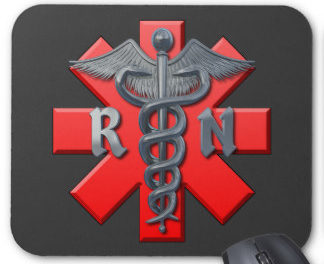Public boards across the state can continue to meet in complete secrecy. This could have changed with HB1417, but the House killed this bill. When boards meet with an attorney or negotiate with a union they don’t have to do any of the usual things for public meetings: no public notice, closed to the public, and no record whatsoever. HB1417 was a bill that would have required a simple after-the-fact record of the logistics of these so-called non-meetings so members of the public can at least know they happened.
HB1417 was defeated on the floor of the House on Wednesday by a vote of 183-135. It was not debated so the reasons for the defeat are sketchy. The House Judiciary Committee had recommended that HB1417 be killed. The committee vote was 11-7. Rep. Timothy Horrigan of Durham, wrote for the committee that HB1417 would have “complicated public bodies’ attempts to deal with” collective bargaining and consultation with legal counsel. He further claimed HB1417 would do this “without adding any transparency to their work.” You can judge for yourself whether an after-the-fact public record of the time, place, attendees and legal exemption is too complicated and doesn’t make these otherwise completely secret meetings more transparent.
Even though there was no debate on HB1417, Rep. Michael Sylvia of Belmont, the prime sponsor of the bill, made a parliamentary inquiry in support of the bill. He said “under 91-A a public body meeting with legal counsel or for negotiations is a thing that we refer to as a non-meeting, and … these meetings lack transparency required by our Constitution, and” HB147 would add “a very simple reporting requirement of basic facts about these non-meetings” that “will reduce 91-A requests.” In response, Rep. Charlene Takesian of Pelham made an inquiry opposing the bill. She said that “caucuses are part of … non-meetings, and that our discussions in our caucus should remain private.” She also said that “non-public meeting records are already defined in RSA 91-A:3, III which was just revised in January of 2016” and “any person aggrieved by a violation of section 91[-A] may petition the superior court for injunctive relief.”
While Rep. Sylvia’s comments succinctly described HB1417, Rep. Takesian’s comments were true, but misleading. HB1417 intentionally does not apply to caucuses. The requirements for non-public meetings in RSA 91-A:3, III do not apply to non-meetings; that is the point of non-meetings. And further, since non-meetings have no requirements under RSA 91-A, a non-meeting is not a violation of 91-A so a person cannot petition a court for relief. Since the House was voting to defeat HB1417 as Rep. Takesian spoke the damage is already done.
Fortunately, the vote on HB1417 was by roll call so there is a record of how each Representative voted. If your Representative voted in favor of the report to kill HB1417, then you should ask them why. Further, you should ask them to work next year to finally let some light shine on non-meetings.
David Saad
President
Right to Know New Hampshire
RightToKnowNH@gmail.com
Promoting Open Government in New Hampshire
Our mailing address is:
Right To Know NH
PO Box 396
Rumney, NH 03266



